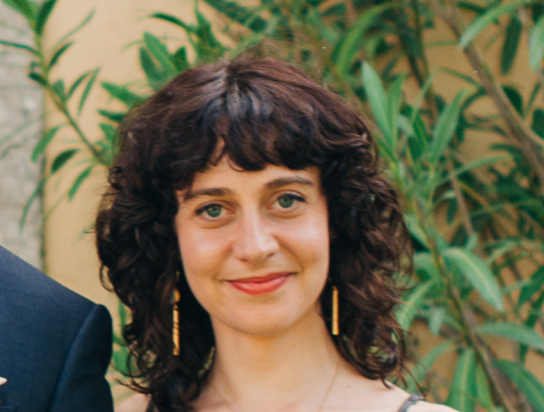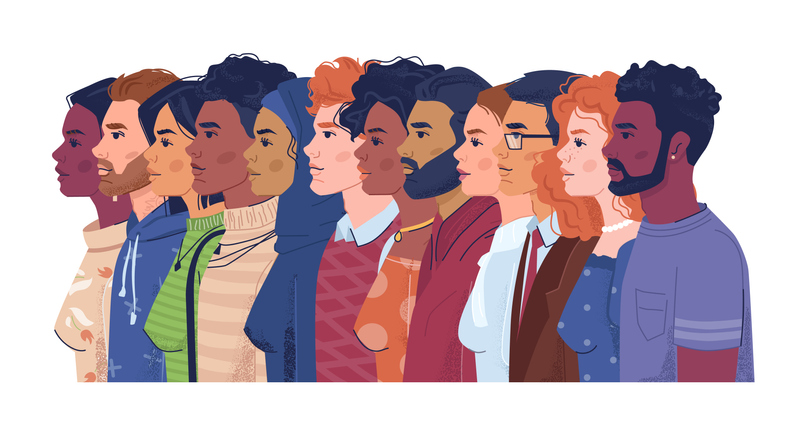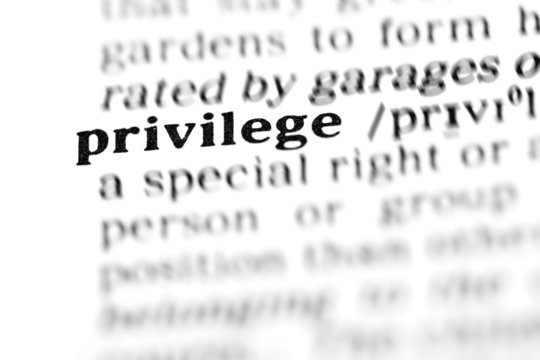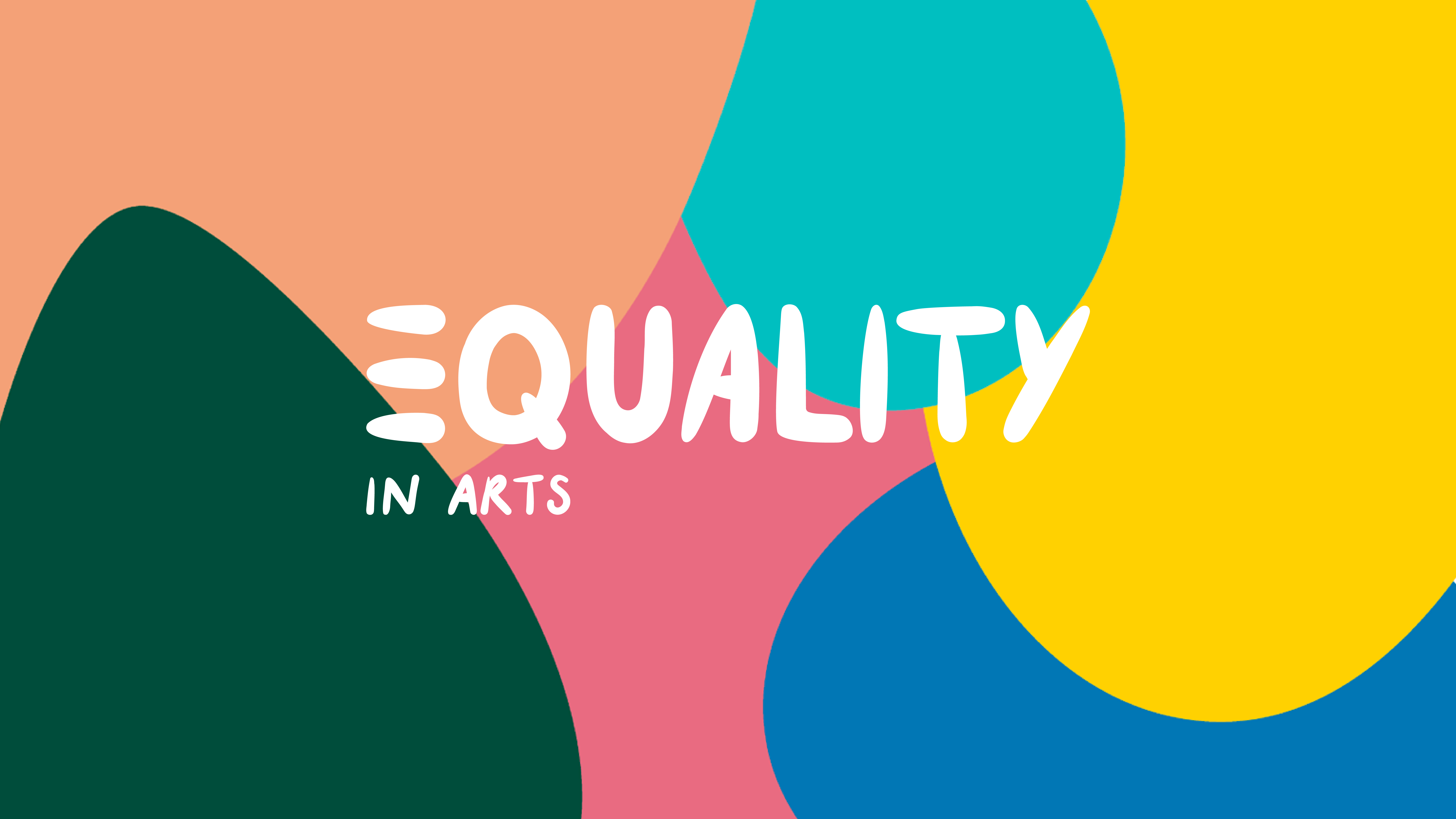Catarina, what have you been doing within Podiumkunsten this year?
I was doing my internship working with two projects, Scan&Do and SPRKR. With the first I helped my colleagues conduct the scans in two different organizations, taking notes and asking some questions during the interviews; with the second I helped my colleagues to organize a lab/workshop about cultural production and a networking event, as well as assisting in funding applications for the ‘upcoming talent’ scholarship. For both projects I also developed a research: for Scan&Do about learning networks and communities of practice and how these concepts could be applied to update the project track, and for SPRKR about non-hierarchical knowledge sharing models that could be applied to the labs.
Do you reflect on your research in a satisfied way? And what are you (most) proud of?
I’m very satisfied with the research I did for both projects and I am extra proud that the results of both researches were taken into consideration and applied to the projects.
How did you experience the sCan&Do track?
It was very interesting to help my colleagues draft the script/questions and conduct the interviews with different cultural institutions and see how they perceive cultural diversity’s challenges and benefits. I also found it fascinating how a lot of the input did not come from the interview questions and answers per se but in the parallel conversations that developed as tangents to those questions and which showcased the organization’s power dynamics and ingrained belief systems.
What have you learned along the way?
I have learned the cultural sector is going through many necessary changes in many different fronts and that for many people who are used to holding on to power - very often older, white cis men - these represent a threat to the status quo that benefits them and which manifests itself in resistance to change.
The theme you have been working on brings along various challenges. It is about changing institutions, processes that often take a very long time. How do you deal with this yourself?
I can see that institutions are starting to change but very slowly and forcefully which is not odd taking in consideration that organizational and institutional structures are quite rigid and tend to reproduce societal power dynamics. I have to say that I was quite shocked with some things I heard during the interviews, not that I didn’t know some people thought like that, but the fact that they not only felt so comfortable reproducing racist ideas (a comfort which undoubtedly is related to my white privilege and other white people assuming a shared belief system) while portraying themselves as tolerant and aware and finding justifications for their frameworks; this of course makes the process even more complex because people are not aware of their own biases and without that awareness it’s impossible to move forward in a meaningful way.
It was also interesting to see the many different definitions and uses people make of ‘cultural diversity’ and how adamant most of the stakeholders were in terms of wanting the ‘diversification’ process to come naturally (vs having proactive measures and policies such as the scan&do process, quotas, etc.), something which has been proven time and time again that it simply does not work, a reality also reflected in people’s resistance to the same change they want to happen naturally. Finally, I thought the discussions around ‘artistic quality’ were particularly interesting because it was often seen in opposition to diversity, ‘cultural diversity’ particularly appearing as a blockage to creativity and artistic freedom.
What are your plans for the future?
My plans for the future are to continue to develop my research skills and keep working in the cultural sector on topics of justice and power dynamics, particularly in terms of whiteness and gender discrimination.





